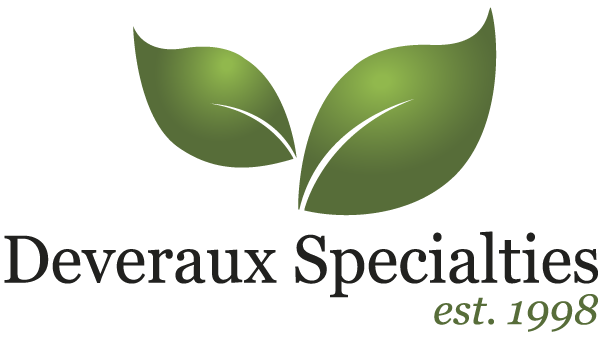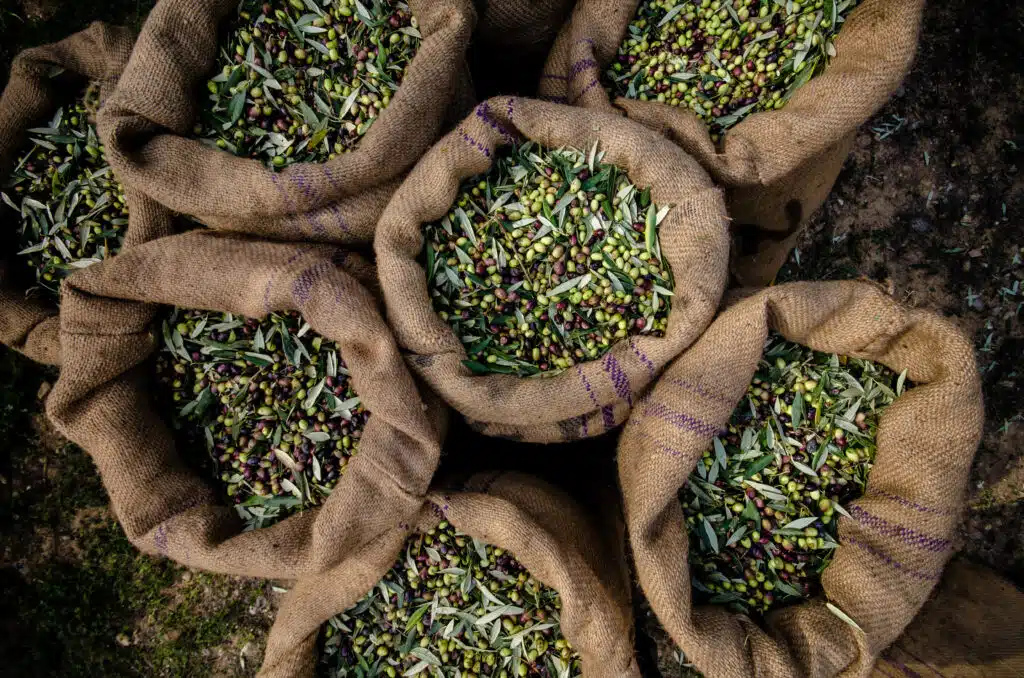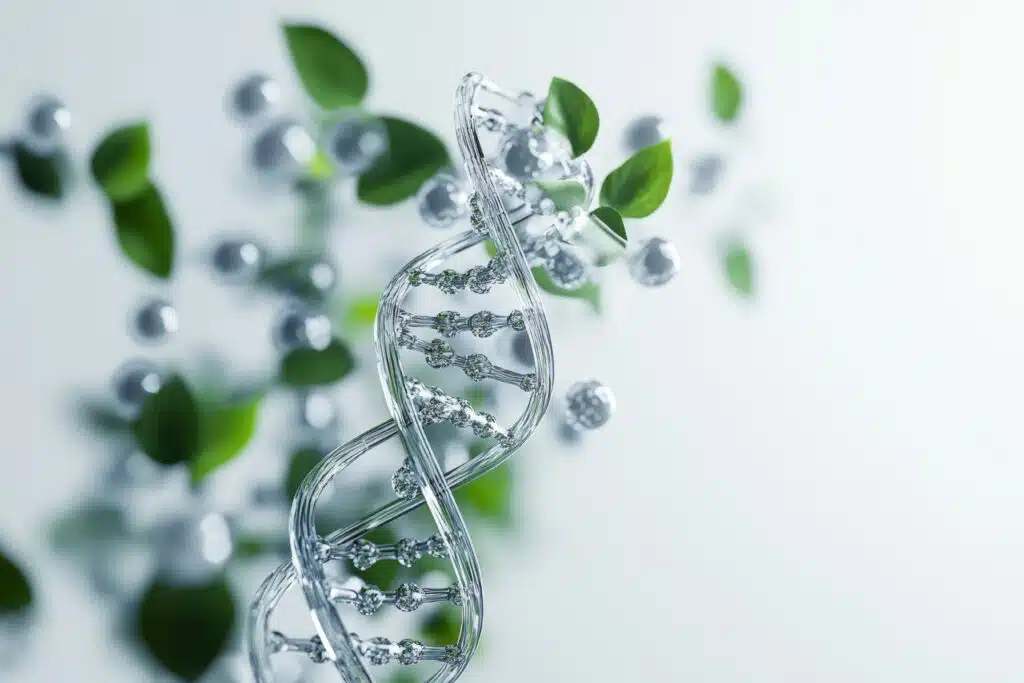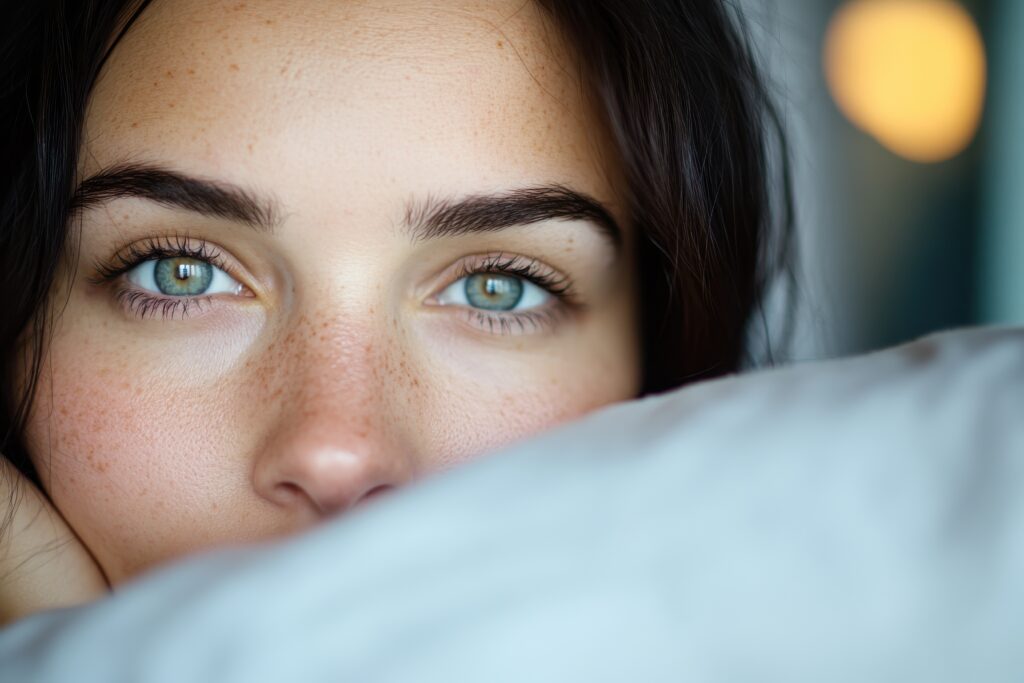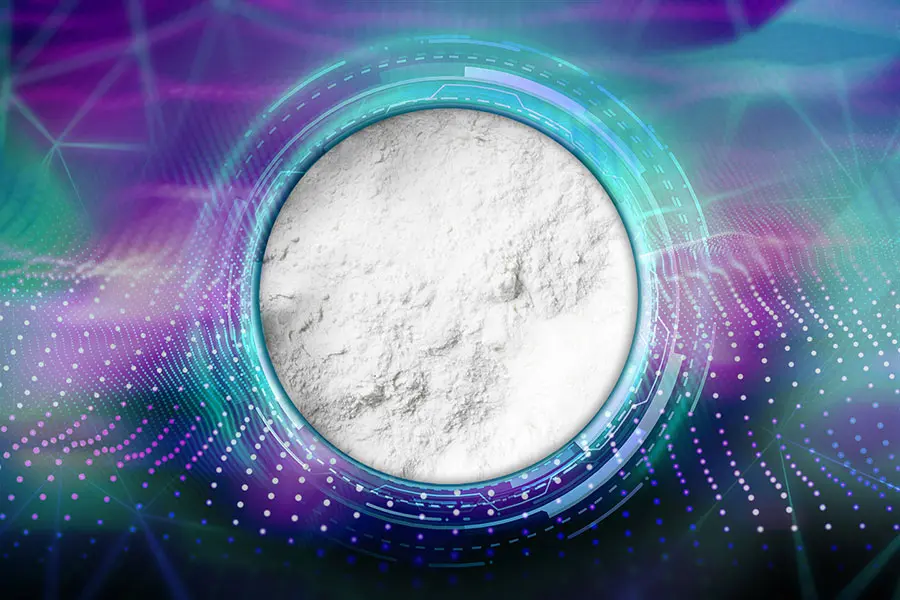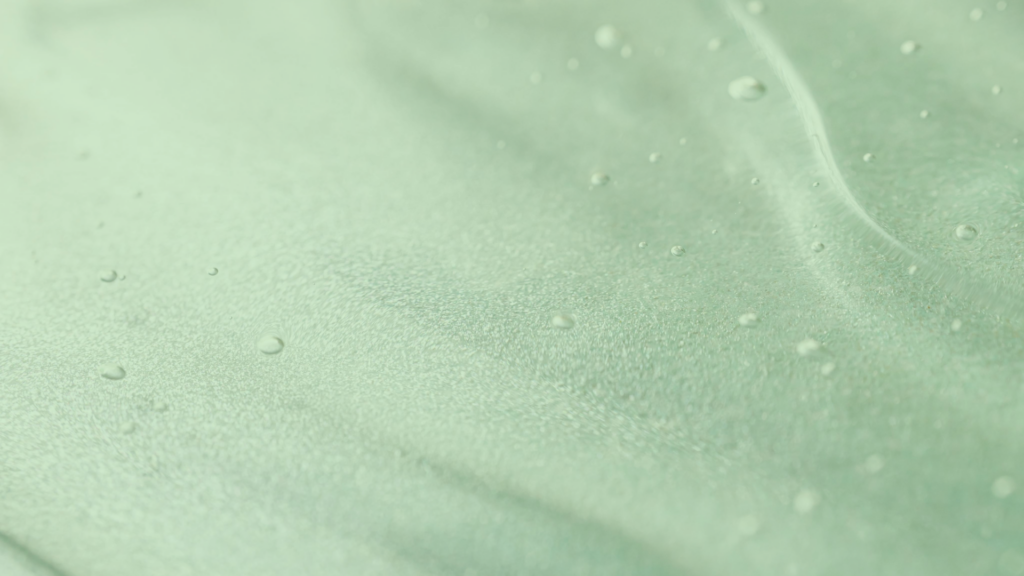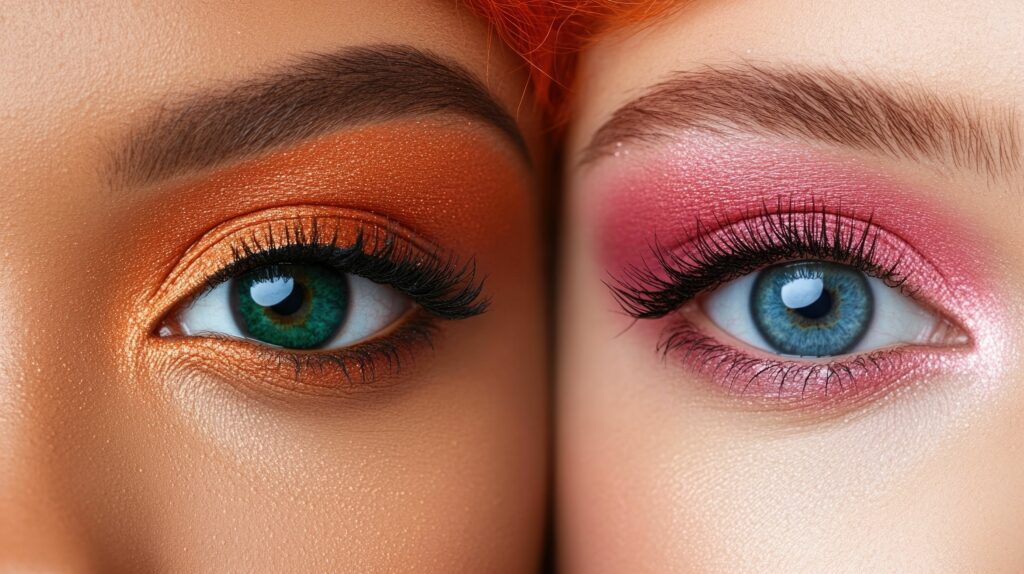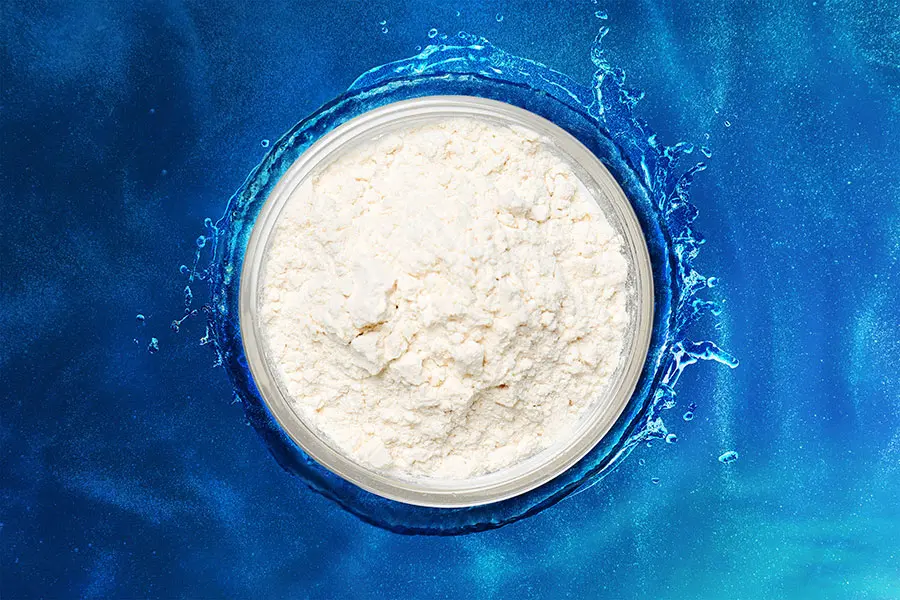Original content brought to you by our partner CLR Berlin.
Body Image and Sports: Challenges and Opportunities
With the European Football Championship and the Olympic Games, we are once again anticipating major sporting events this summer that will inspire millions of people around the world and put the spotlight on sporting performance. For consumers who have developed an increasingly holistic understanding of health and wellbeing in recent years, sport is an important part of their lifestyle already. We know that exercise, alongside a balanced diet and sufficient sleep, is an important element of a healthy lifestyle, especially for people who work a lot at a desk. The WHO has published guidelines in which it gives recommendations for fitness and strength training according to age groups in order to prevent diseases such as cardiovascular diseases, high blood pressure, diabetes, etc.¹
In addition to the many benefits for our physical health, physical exercise also has a significant positive impact on our mental wellbeing. Exercise can improve our sleep quality, relieve stress, and thus reduce the risk of depression or anxiety disorders. Regular exercise not only positively influences our body image by regulating body fat and supporting muscle growth but also enhances performance and thereby boosts our self-confidence.
Is sport automatically good for our body image?
As with most topics, sports nonetheless have a dark side. In professional sports in particular, the first thing to mention is the enormous pressure athletes are under to perform. It is not without reason that successful professional athletes repeatedly pause their careers or even end them because they suffer from depression or burnout. Stereotypes and idealized body images are further aspects that can also play a significant role in recreational sports.
The course for later life can be set as early as childhood. Those who are excluded or even embarrassed by their classmates because of their body or their performance in PE lessons will avoid sporting activities in their free time and may have an ambivalent relationship with sports for the rest of their lives. According to a study conducted by Nike and Dove in collaboration with the Center of Appearance Research and the Tucker Center of Research on Girls & Women in Sport, 45% of teenage girls worldwide drop out of sports because of low body confidence.² These are alarming figures.
But even adults of all ages are not immune to avoiding sports out of body shame. Anyone who sees well-trained young women and men doing sports every day, whether in advertising, on social media or actually in the swimming pool or gym, may not feel comfortable if they do not conform to this supposed ideal.
While the topic of body positivity has changed quite a bit for the better in recent years, especially in advertising, we are currently experiencing a regression. The acceptance of surgical and non-invasive procedures is increasing rapidly, especially among younger people. According to a survey by Kantar Profiles/Mintel, 71% of 25-34 year olds in the UK are interested in surgical procedures in the future.³
Promises of rejuvenation are also becoming much more common in our industry. And with their “The Code” campaign, Dove has impressively demonstrated the ideal of beauty that AI has learned and how idealized it is.⁴ In the video for the campaign, AI is prompted to show the most beautiful woman in the world. The resulting image is of a young, very slim woman with light skin, light eyes, and light hair. AI is then asked to show the most beautiful woman in the world as she would look in a Dove Real Beauty advertisement. The images generated by AI show a very diverse image of beauty, as Dove has long promoted in its campaigns.
It is important to understand that AI only draws on what it has learned. This means that the image of beauty that we propagate and disseminate makes a decisive contribution to what AI considers to be beautiful. As part of the cosmetics industry, we have a particular social responsibility here and are faced with the question of what image of beauty we want to shape. An exaggerated, unrealistic one that only a few can achieve, or one that opens our eyes to how diverse beauty is?
In addition to the body itself, skin problems can also play an important role in how comfortable we feel during sports. Visible redness, blemishes, and other skin issues can make us feel just as insecure as itching. Sports are not just about physical performance. Mental strength is an equally decisive factor for sporting success. Whether it’s about overcoming your inner bastard and starting to train in the first place or going one step further and surpassing yourself to achieve the next goal. Willpower is crucial to setting and achieving goals, not being discouraged by failures along the way and growing from successes. We can also benefit from these experiences in sports in other areas of life. But we can only gain mental strength if we are in harmony with ourselves. Sports inevitably focus on our body, making it particularly important how comfortable we feel in our own skin.
CLR takes the negative mental aspects of skin problems and the challenges on the way to a healthy body image very seriously. Our products are developed with consumer relevance in mind. With all our experience and expertise, we want to develop solutions that help people all over the world to feel good in their skin.
How can we provide athletes with targeted support?
Whether you are an amateur or professional athlete, cosmetic products must be easy to use. They should be easy to integrate into the routine. Multifunctional products offer an additional advantage because they can reduce the number of steps in the skincare routine. However, effectiveness is crucial. Athletes generally place high demands on themselves and their performance. The expectations they have of products are just as high. Cosmetic products for athletes should therefore be goal-oriented and highly effective – a perfect match for CLR.
Sports pose particular challenges for our skin – from frequent sweating and showering to the negative effects of UV radiation and pollution during outdoor exercising. The skin needs our support to cope with these challenges.
To name just a few examples of which of our active ingredients fit into corresponding concepts and optimally support the skin, CLR presents four very special highlights here:
CutiGuard CLR™ transfers the adaptivity and resilience of an extremophilic red alga to skin cells. It protects skin cells from the three main influences on skin aging: external stress, internal stress, and time. This means that the skin is very well protected during sport – whether we are stressed, training outside or in a gym. CutiGuard reduces wrinkles and also ensures a more even skin tone.
CutiFine CLR™ not only reduces the size and number of visible pores that can become clogged or enlarged due to sweating during exercise, it also reduces the color contrast between the pores and the surrounding skin, resulting in a more even complexion.
G+C Complex CLR™ acts on the core of skin aging, namely the ability to compensate for the triple negative effects of sunlight on the skin’s biogenetic code: DNA damage, immunosuppression and dysregulation of circadian rhythm. This is extremely important for outdoor sports, in addition to suitable sun protection in order to support and protect the skin.
AnnonaSense CLR™ is a highly effective neurocosmetic active ingredient and has a strong influence on the entire feedback loop of skin, brain, and endocrine system. Skin redness is effectively and sustainably reduced. At the same time, AnnonaSense CLR™ reduces psychological stress and improves sleep quality.
In CLR’s Your Own Hero campaign, which we presented for the first time this year at in-cosmetics global in Paris, we looked at the importance of feeling good in your skin for sports and body image. Based on this, we have developed a range of formulations that show how we can contribute with our active ingredients. It is a small but significant contribution that we can make as a supplier of active ingredients to improve people’s quality of life and wellbeing. Furthermore, it is the responsibility of all of us to decide what images we want to propagate as an ideal and what contribution we want to make to the topic of body positivity.
- (1) “WHO guidelines on physical activity and sedentary behaviour”, WHO,2020
- (2) “Body Confident Sport”, 2024
- (3) “Revolutionise beauty recovery with post-surgery bodycare” (UK, 1,935 internet users aged 18+), Kantar Profile/ Mintel, 2024
- (4) “The Code | A Dove Film | Dove Self-Esteem Project”, Dove, 2024
